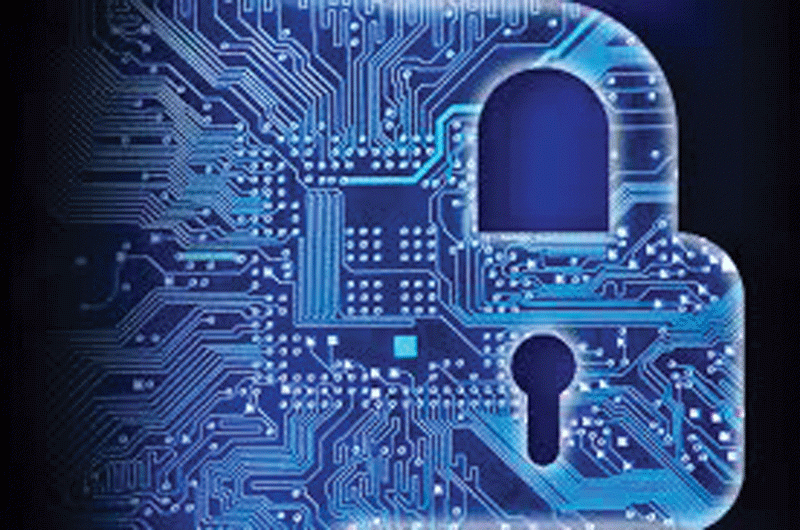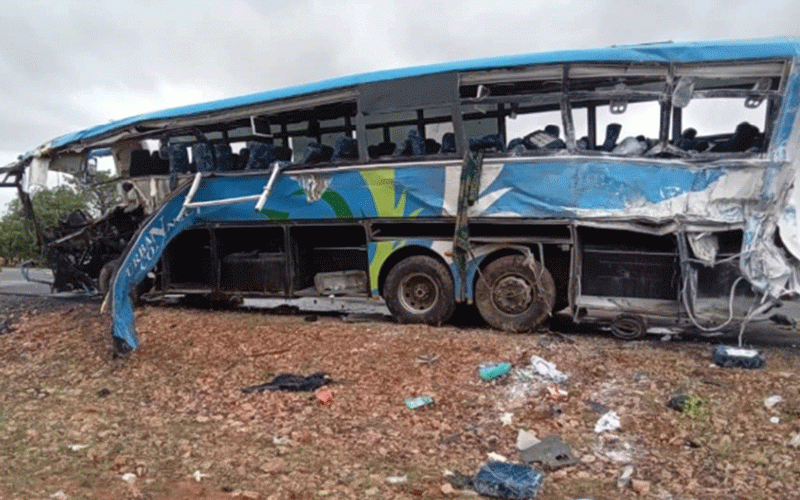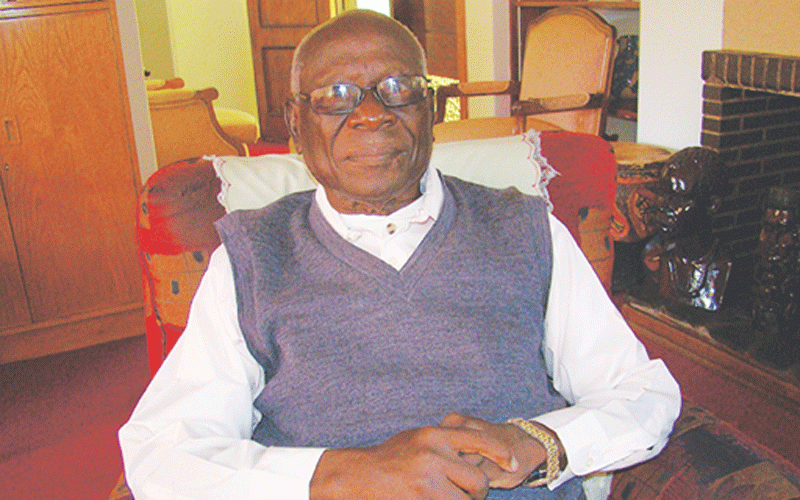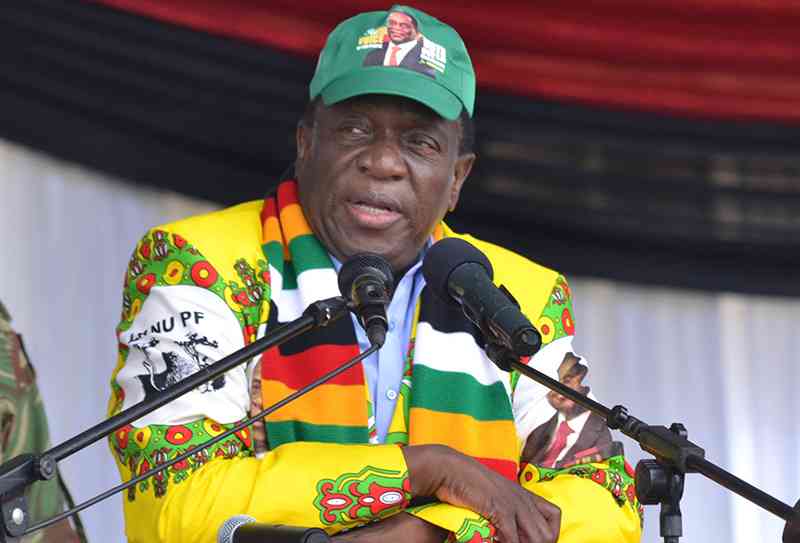
Zimbabwe's High Court judge Justice Tawanda Chitapi in 2016 torched a storm with an infamous ruling barring married couples from snooping on each other's phones on the basis of that being a violation of individuals’ right to privacy.
Being a relatively conservative society, with the majority of the population being of the Christian faith, stories of the ruling went viral and ignited conversations both online and offline platforms.
The sensational headline by one of the local dailies "Hands off spouses phones" did not help matters to distill the import of the judge's interpretation of the data protection provisions in question.
It seemed the headline promoted promiscuous behaviour.
Never mind that readers often use headlines to formulate opinions — without even reading the full text of the news story.
In what is now commonly referred to in street lingo as the "mjolo pandemic," there was a missed opportunity for Zimbabwe to entrench policy and tutorial dialogues on promoting digital security.
In this case digital security was reduced to moralistic engagements of protecting those involved in 'mjolo'.
As if legitimate practices of safeguarding technological devices, in this case mobile phones, raise suspicions of cheating partners.
- Fresh land invasions hit Whitecliff
- Pomona cash row escalates
- Border Timbers targets European markets
- SA name strong A side for Zim tour
Keep Reading
The more pertinent need for securing not just information, but also safeguarding against risks of financial losses, threats to life and even wider societal risks are often ignored or treated as secondary issues.
But it takes digital consciousness to fully appreciate digital security beyond just the need to secure personal information of a relational nature.
There's a need for every person to take a general audit of how secure they are online despite the anxieties it may bring.
I, for one, can resonate with those that take digital security for granted. Especially given the fast pace at which technology is rapidly evolving.
Upgrades in digital technologies are often intriguing for technophobic persons like myself yet exciting and refreshingly modern for the youthful generation that makes up the bulk of the population.
Not to suggest that being technophobic is synonymous with being old.
After all, I am one of those that don't keep track of the latest gadgets and technological features and the associated buzz. Yet, I can't be considered old.
I am mainly concerned about whether my gadget can access the internet, news and connecting on a personal and professional level.
While I appreciate the value of the importance of having to be consistently online and abreast with developments, particularly of a policy nature, given the nature of my job, the risks associated with my unhygienic digital behaviour had never hit my thoughts in a profound manner as it did when I joined other professional colleagues in a tailor-made digital security training organised as part of an annual Digital Rights and Inclusion Forum (DRIF) that is coordinated by Paradigm Initiative, a pan-Africanist internet freedom organization.
Of course, like any person often conscious of the need to be secure in both my physical and online space, I had some basic practices to safeguard my communication, both my personal and professional information.
I have always been quite conscious of the need to have unique and secure passwords.
For someone who has had to endure the pain of having some sites blocked in my country, I have made it a point to make use of Virtual Private Networks (VPN).
I have also had to use various means to back up my data and regularly update my anti-malware and antivirus software.
Yet all this is just but the beginning. Digital security consciousness can safeguard against hacking, surveillance and reduces the risks of intercepted communication.
I also learnt of the various tools that are freely available to further secure my devices and to report suspicious cases of online intrusion.
No one is really safe from unethical breaches into our devices. After all, we generally don't own nor have control of many internet sites whose terms and conditions we accept without thinking twice. And yes we love free public WiFi.
We leave a trail of information that could potentially put us in avoidable risks. Yet we are quick to protect communication from our partners. In a bid to hide away our shenanigans.
Yet we possibly face bigger threats from governments, corporates, unethical hackers and outright criminals who for one reason or the other, can compromise our safety online.
Citizens, particularly those working in the media and civic space should as much as possible keep abreast with tools and literature around digital security.
It is the least we can do in promoting a safe internet space.
*Nigel Nyamutumbu is a media development practitioner currently serving as the coordinator of a network of journalistic professional associations and media support organisations, the Media Alliance of Zimbabwe (MAZ). He recently took part in a digital security training convened by Paradigm Initiative, an organization promoting internet freedoms in Africa and coordinators of the annual Digital Rights and Inclusion Forum (DRIF). The 2024 edition was held in Accra, Ghana. Nyamutumbu can be contacted on njnya2@gmail.com and +263 772 501 557










